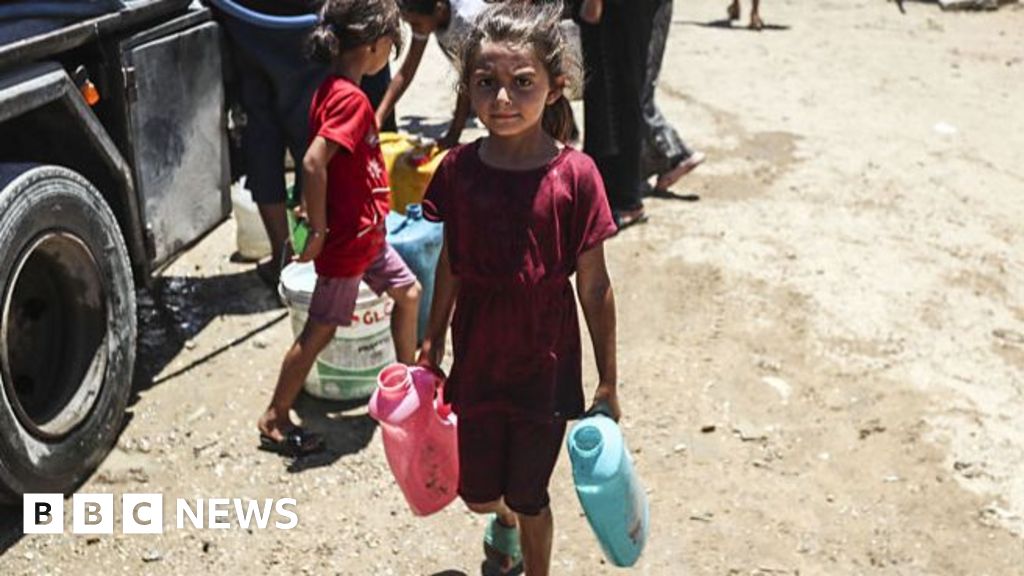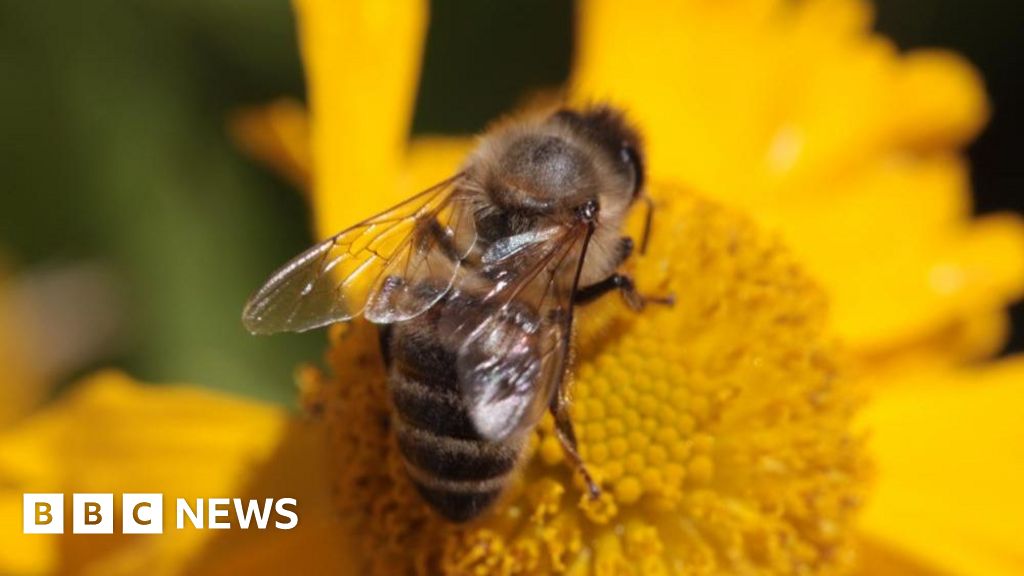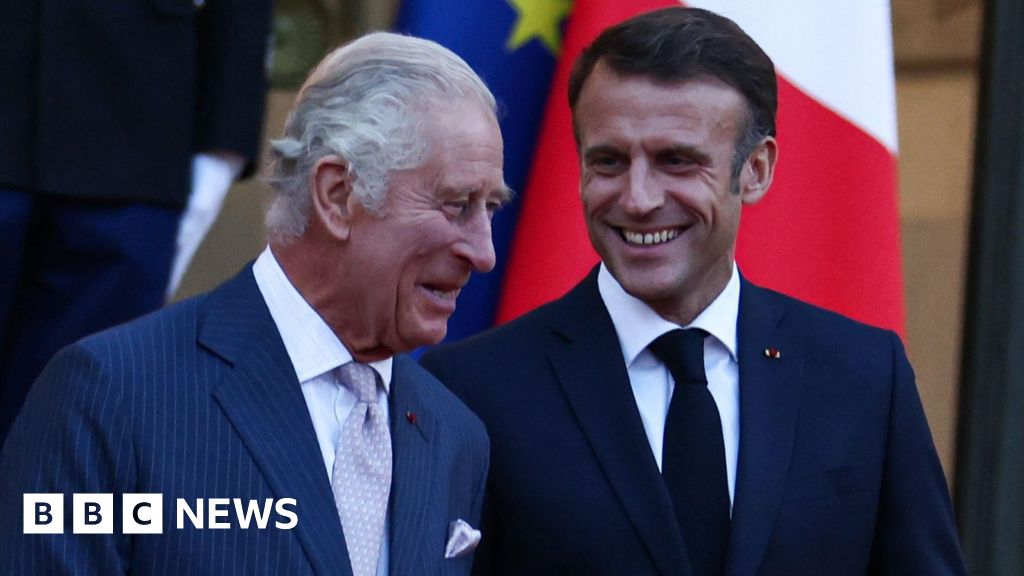BELGRADE, Serbia (AP) — The European Union’s foreign policy chief said Thursday that membership candidate Serbia faces a “strategic choice” of direction, just weeks after Serbian President Aleksandar Vucic defied EU warnings and attended Russia’s Victory Day parade in Moscow.
“Serbia faces a strategic, geostrategic choice, where it wants to be,” Kaja Kallas said during her visit to Belgrade. “Serbia’s European future depends on the values it chooses to uphold.”
Vucic’s appearance in Moscow for the May 9 parade was widely condemned in Brussels, with EU officials warning that such actions seriously jeopardize Serbia’s EU path. The officials said it was inappropriate for Vucic to stand side by side with Russian President Vladimir Putin, considering Russia’s bloody invasion of Ukraine.
Kallas said that she discussed the visit with Vucic. “And I expressed my views which are very clear,” she said.
“I really don’t understand why it is necessary to stand side by side with the person who is conducting this horrible war in Ukraine,” she said. “And President Vucic was explaining his side of the story. So, yes, we had a very extensive discussion about this.”
Vucic, a former extreme nationalist criticized at home and abroad over alleged increasingly authoritarian ways, has maintained close relations with both Russia and China while formally saying that he wants Serbia to join the EU.
Vucic has said his decision to attend Putin’s military parade, which marked the World War II victory over Nazi Germany, was part of efforts to maintain “traditional friendships” — Russia is a fellow Slavic and Orthodox Christian nation — while seeking EU entry.
Serbia, which relies almost fully on Russia for energy, has refused to join Western sanctions on Russia over the full-scale invasion of Ukraine and hasn’t supported most EU statements condemning the aggression.
Vucic also has been under pressure at home following six months of large anti-corruption protests that erupted after a train station tragedy in Serbia’s north that killed 16 people and which many in the country blamed on state officials’ graft during infrastructure construction.
“From my discussions with Serbian political leadership it is clear that EU membership remains a strategic goal,” Kallas said. “However, I want to emphasize that we need to see actions also to prove and support those words.”
“ Reforms are how Serbia will advance along its EU path,” Kallas added. “There are no shortcuts for membership. Real progress must be made here in Belgrade.”
She said she also met the protesting “youth,” referring to the students who have led months of demonstrations, and called for Serbia to make serious efforts on media freedom, combating corruption and electoral reform.
“These reforms will bring real benefits for the citizens and the people of Serbia as hundreds of thousands of protesters have been demanding in recent weeks. The autonomy of the universities must be respected,” she said.
From Belgrade, Kallas traveled to the former Serbian province of Kosovo which unitarily declared independence in 2008, a move that Serbia does not recognize.
EU-mediated talks between the two neighboring states have been long been frozen. Kallas said normalization of relations between Serbia and Kosovo is “fundamental” for their European future.
“It is time the two countries to overcome the past a focus on the common future,” she said. “I plan to invite the representatives from Belgrade and Pristina to Brussels as soon as possible to discuss the concrete steps forward.”
The six Western Balkan countries are in different phases of accession. Russia’s invasion of Ukraine in February 2022 encouraged Europe’s leaders to push for the countries to join the bloc, fearing instability.
Kallas said she is “deeply committed to encouraging all the Western Balkan countries to really seize the current momentum that we have in the enlargement.”
Source link















